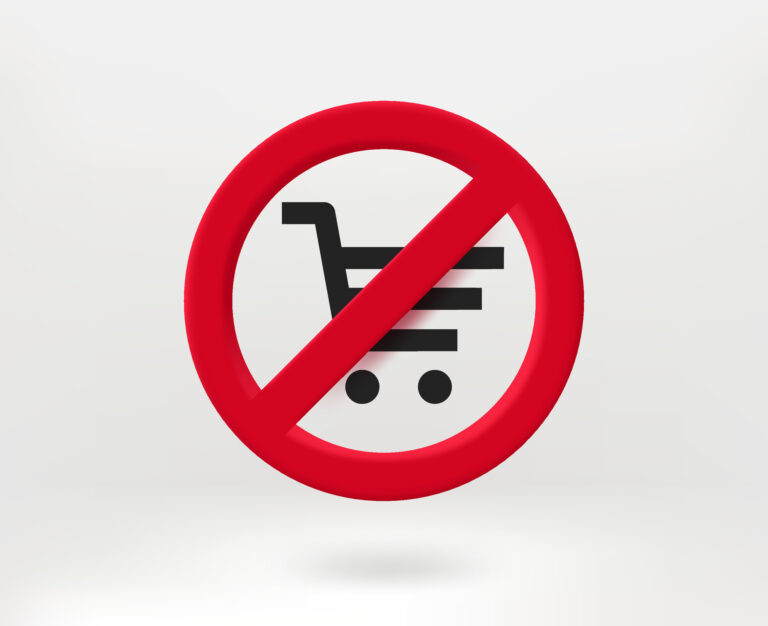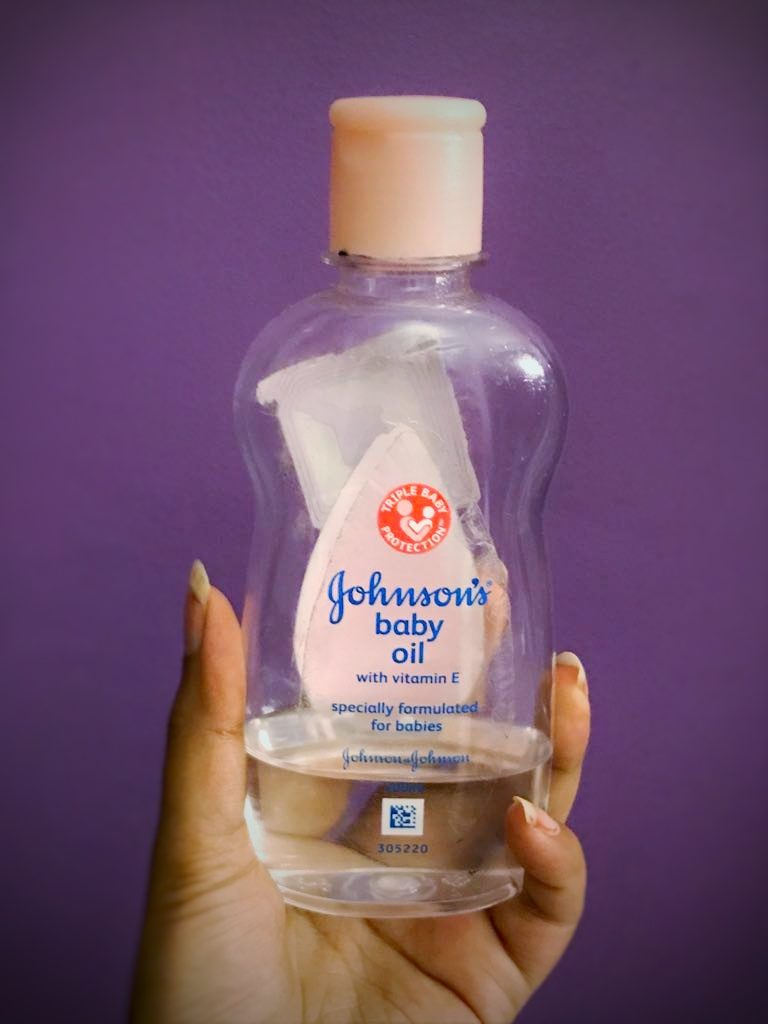How To Know If Baby Is Allergic To Formula
Are you a parent wondering if your baby is allergic to formula? It can be a challenging and worrying time when you suspect that your little one might be having a reaction. This article will guide you through the signs to look out for and how to determine if your baby is allergic to formula.
Knowledge
When it comes to formula allergies in babies, it’s essential to understand the common symptoms. One of the most prevalent signs is a skin rash, which can appear as red, itchy patches on your baby’s body. If you notice your baby scratching excessively or developing hives, it could be a reaction to the formula.
1. Excessive fussiness and crying after feeding
2. Diarrhea or constipation
3. Vomiting or spitting up frequently
4. Difficulty breathing or wheezing
If you notice any of these symptoms in your baby, it’s crucial to consult with a pediatrician. They can help determine if your baby is indeed allergic to the formula and provide guidance on alternative feeding options.
It’s also essential to consider any family history of allergies when assessing your baby’s condition. If there is a history of food allergies, asthma, or eczema in the family, your baby may be at a higher risk of developing an allergy to formula.
Additionally, keep track of your baby’s symptoms and when they occur. This information can be valuable for your pediatrician in making a diagnosis. They may recommend allergy testing or an elimination diet to pinpoint the specific ingredient in the formula causing the reaction.
Conclusion
In conclusion, knowing if your baby is allergic to formula requires careful observation and consultation with a healthcare provider. By recognizing the common symptoms and considering family history, you can take the necessary steps to address your baby’s potential allergy.
Remember that every baby is different, and what works for one may not work for another. Trust your instincts as a parent and seek professional guidance when needed. Your baby’s health and well-being are the top priority, so don’t hesitate to reach out for support.






